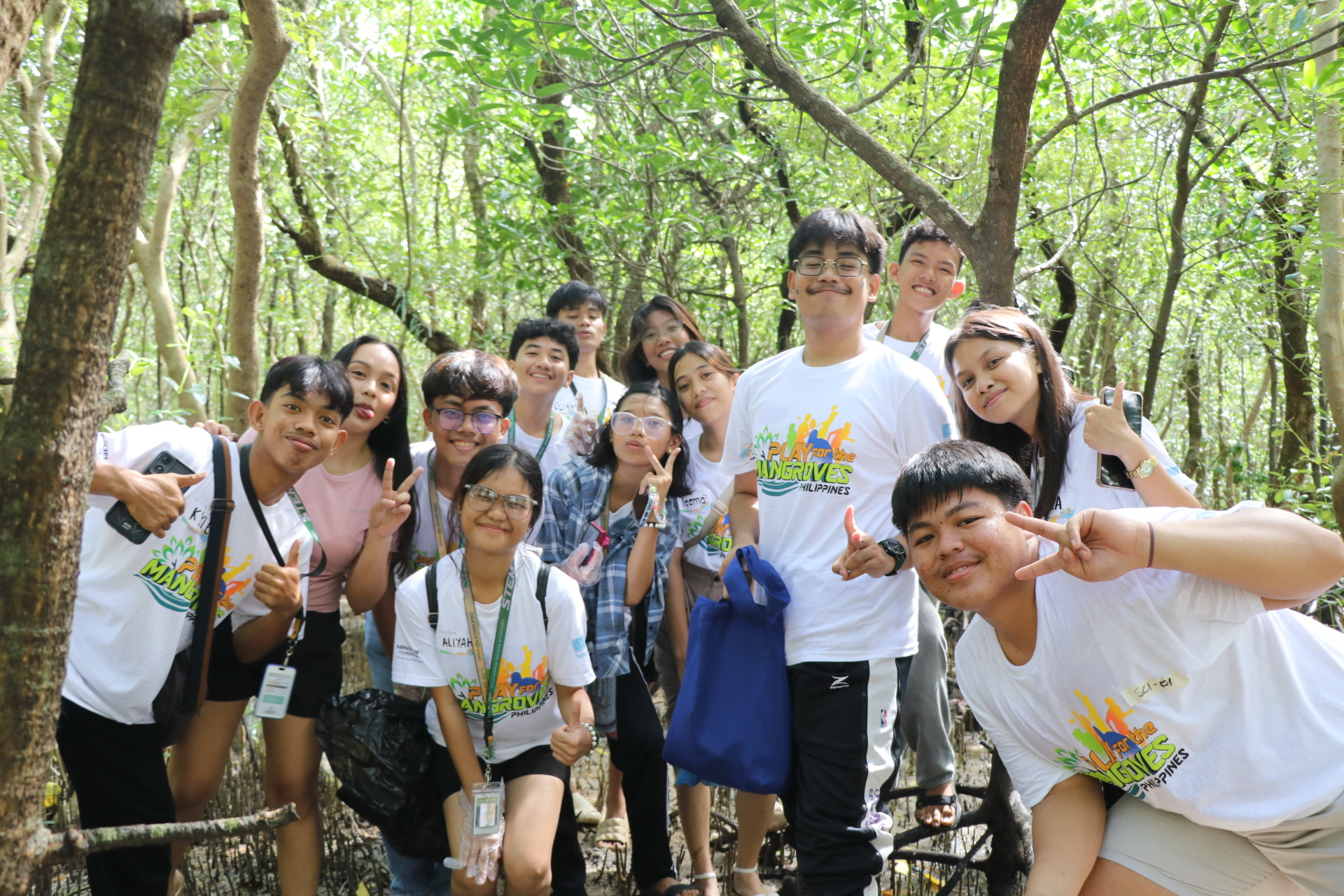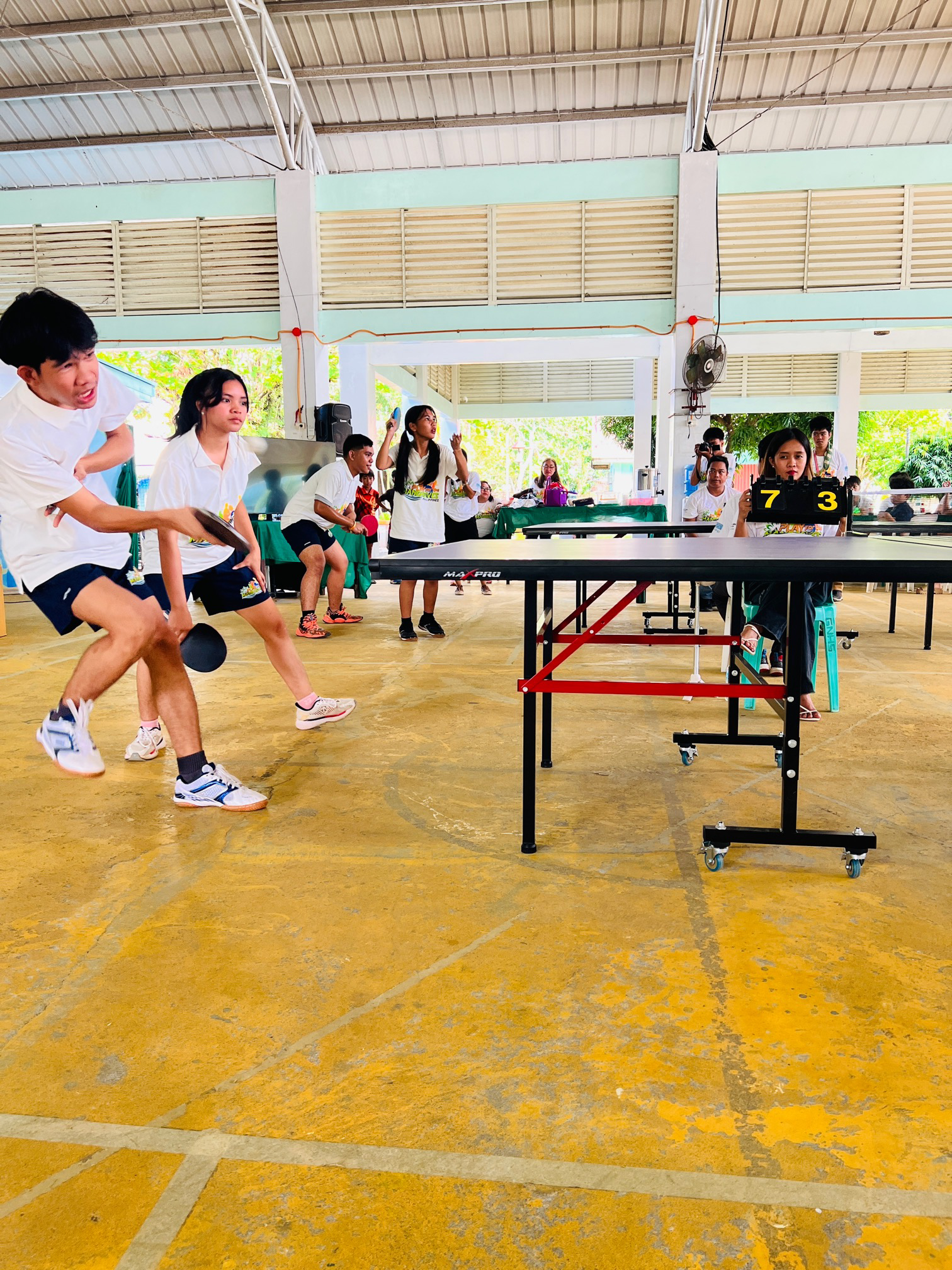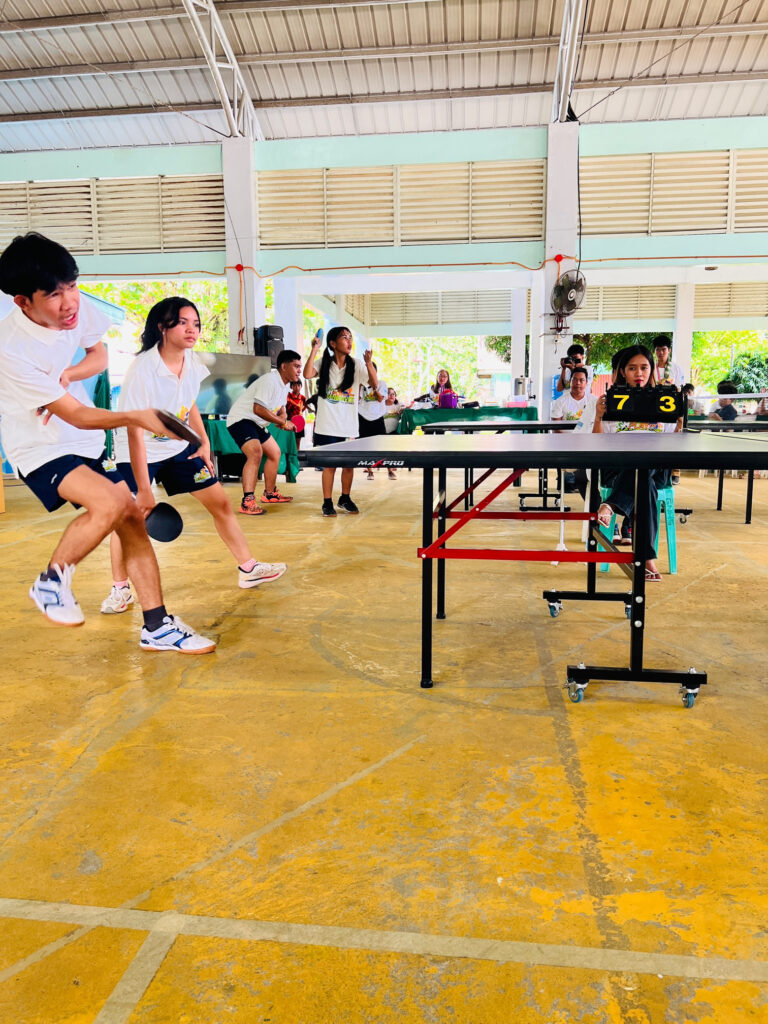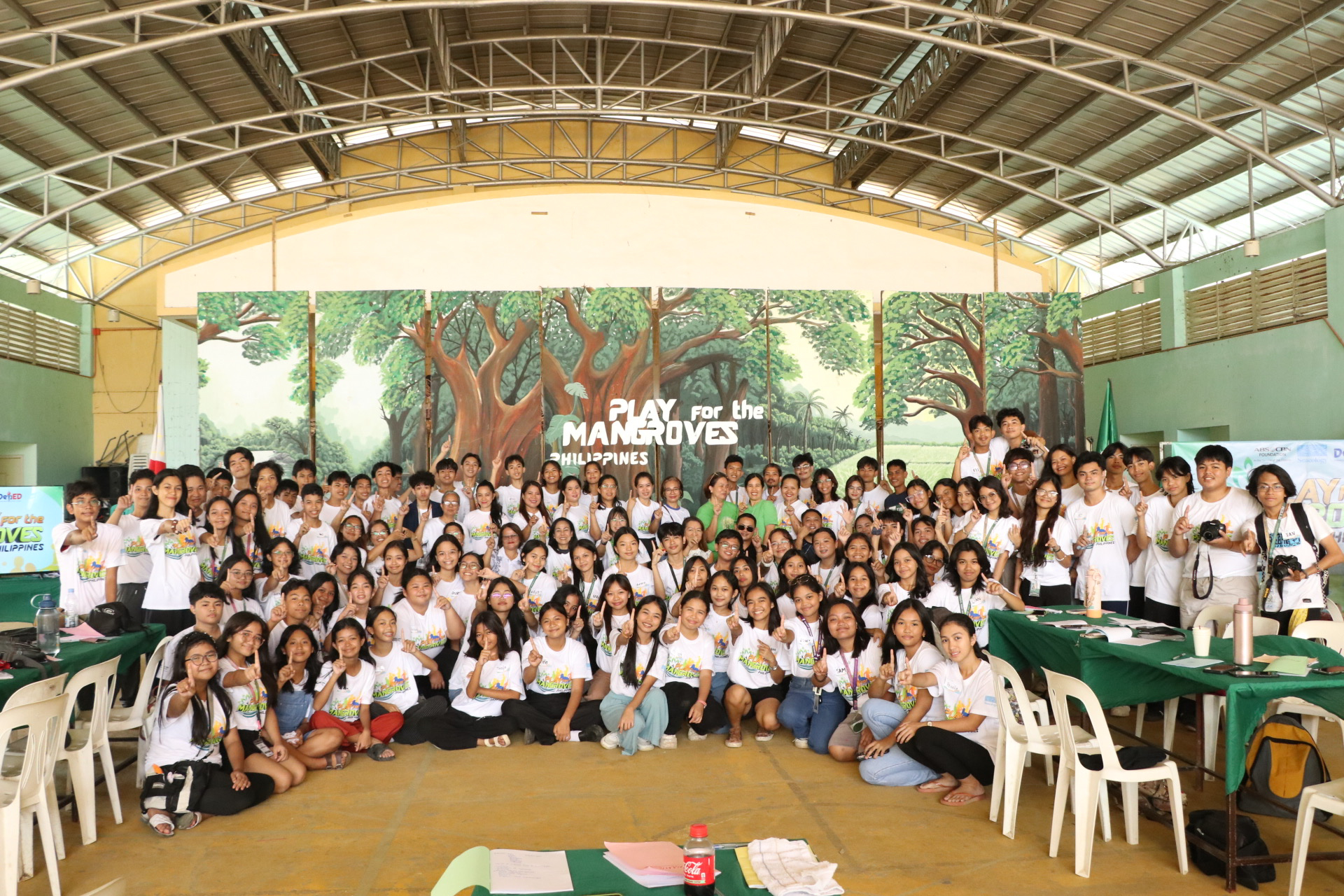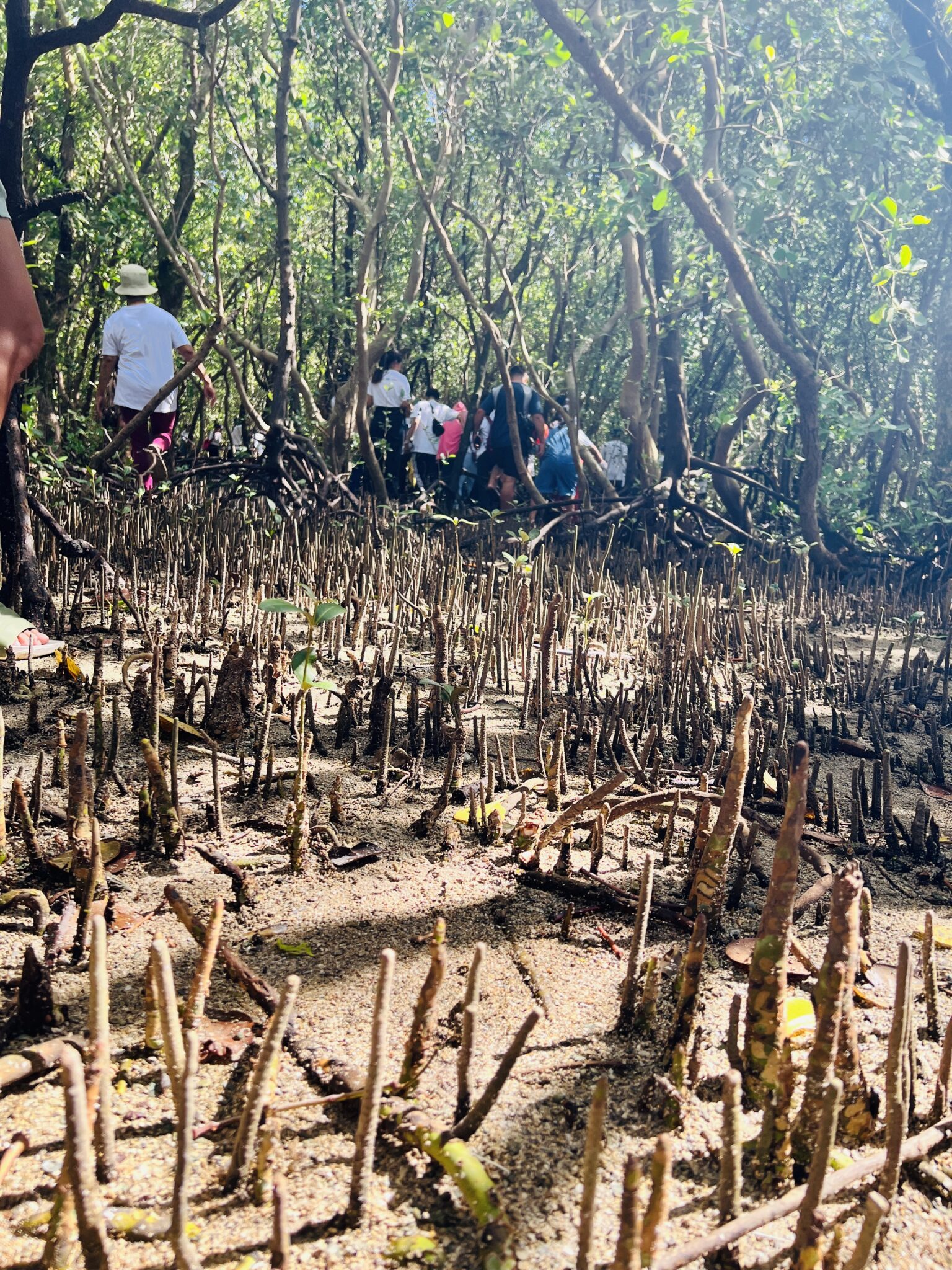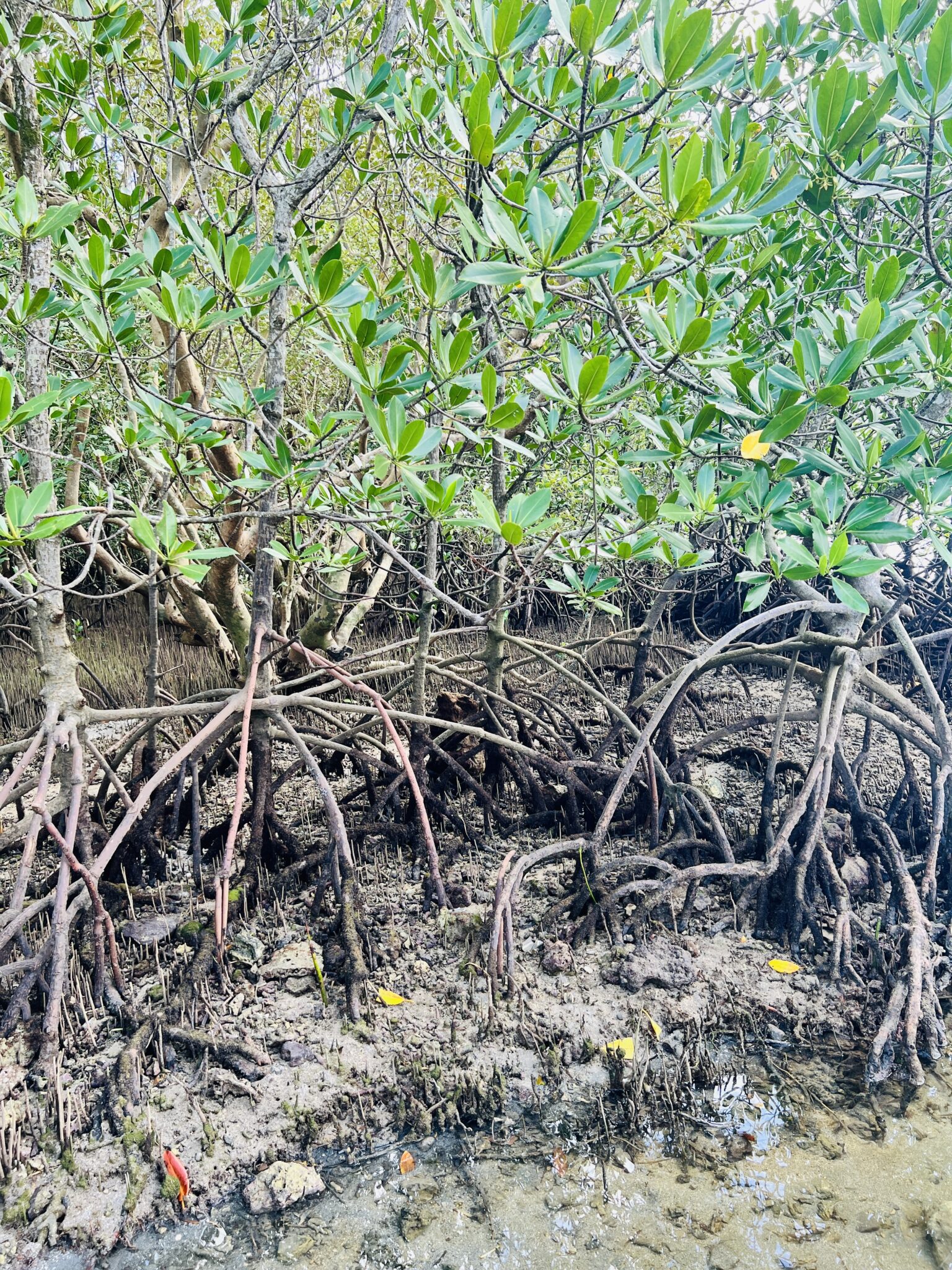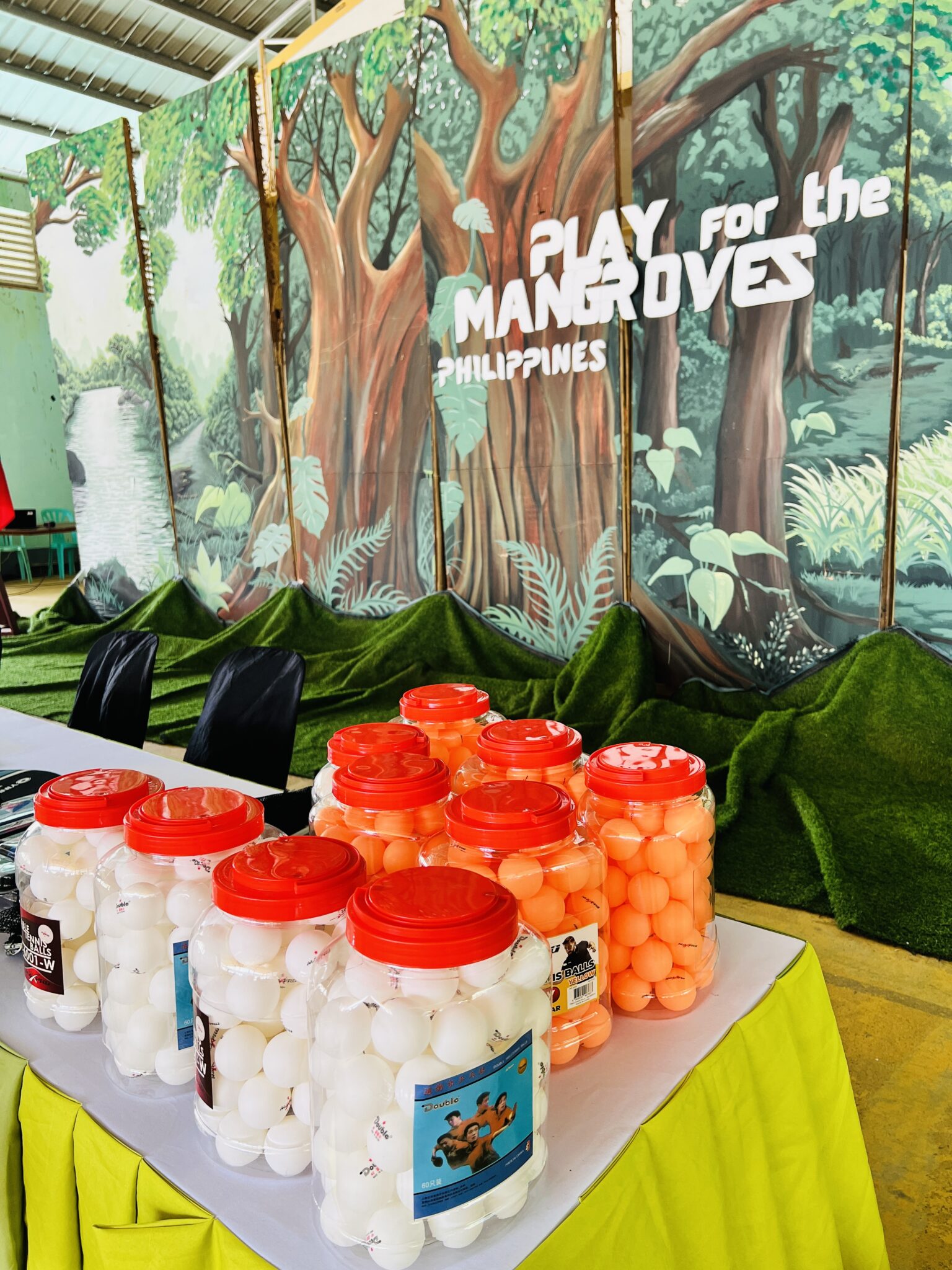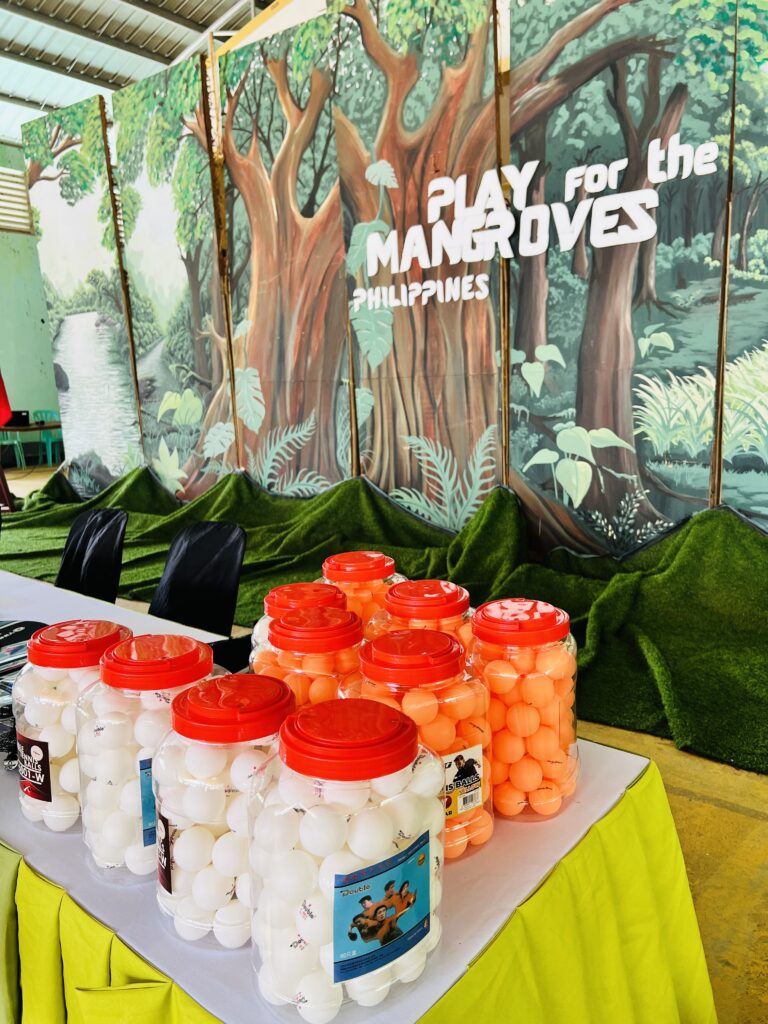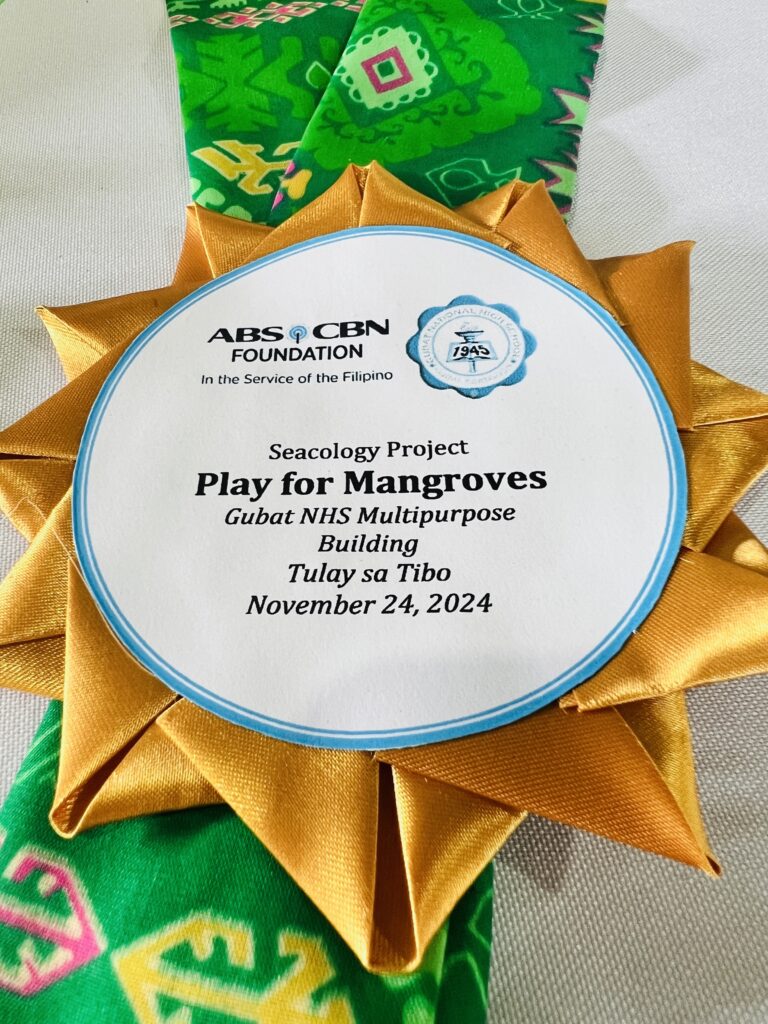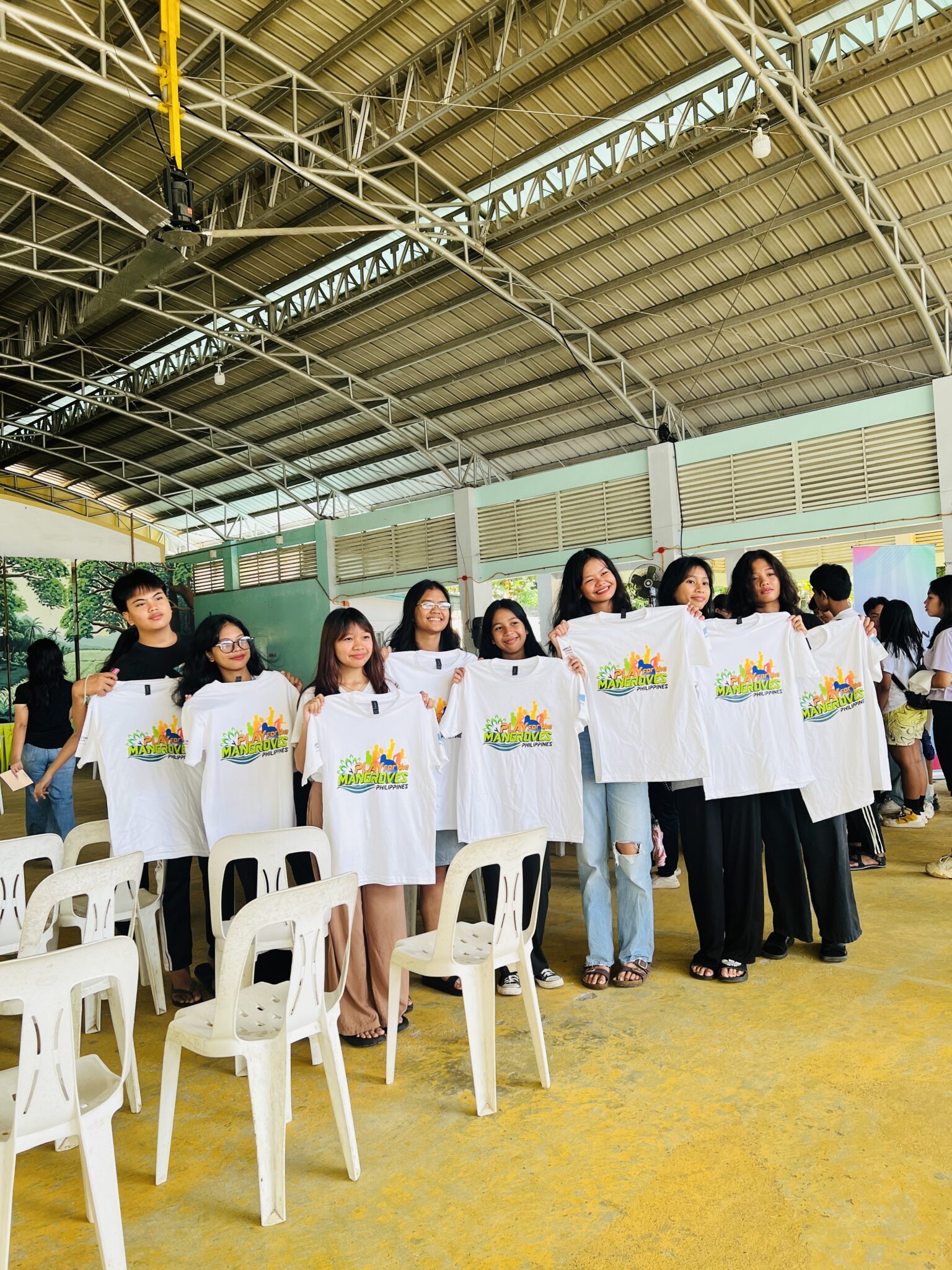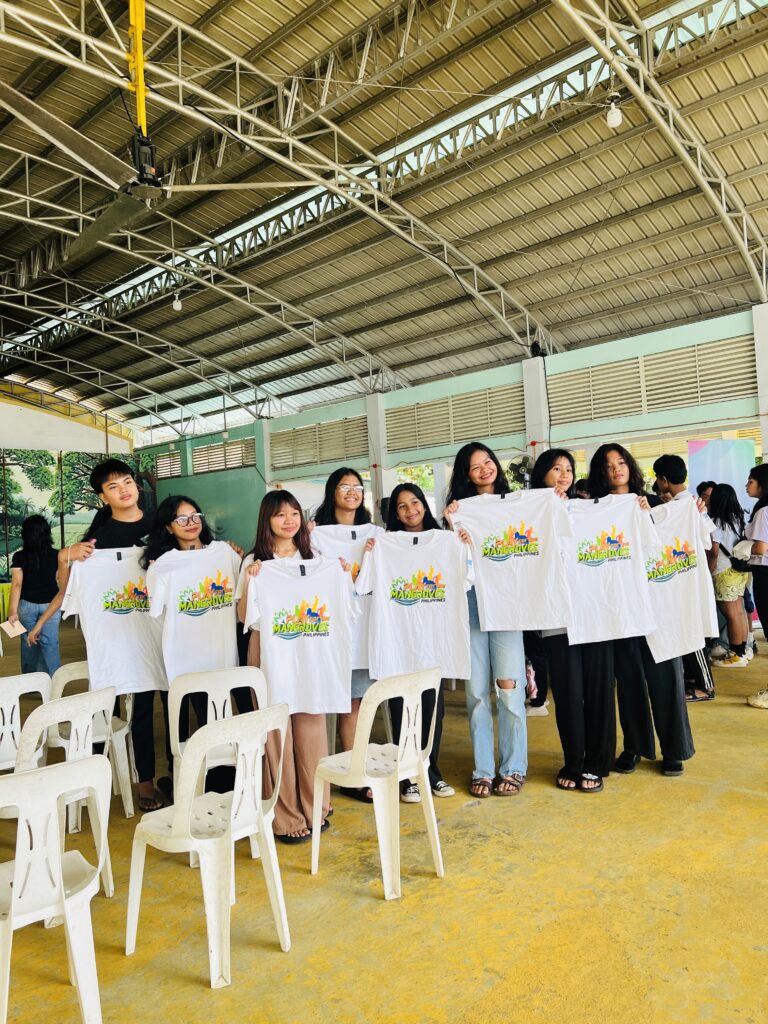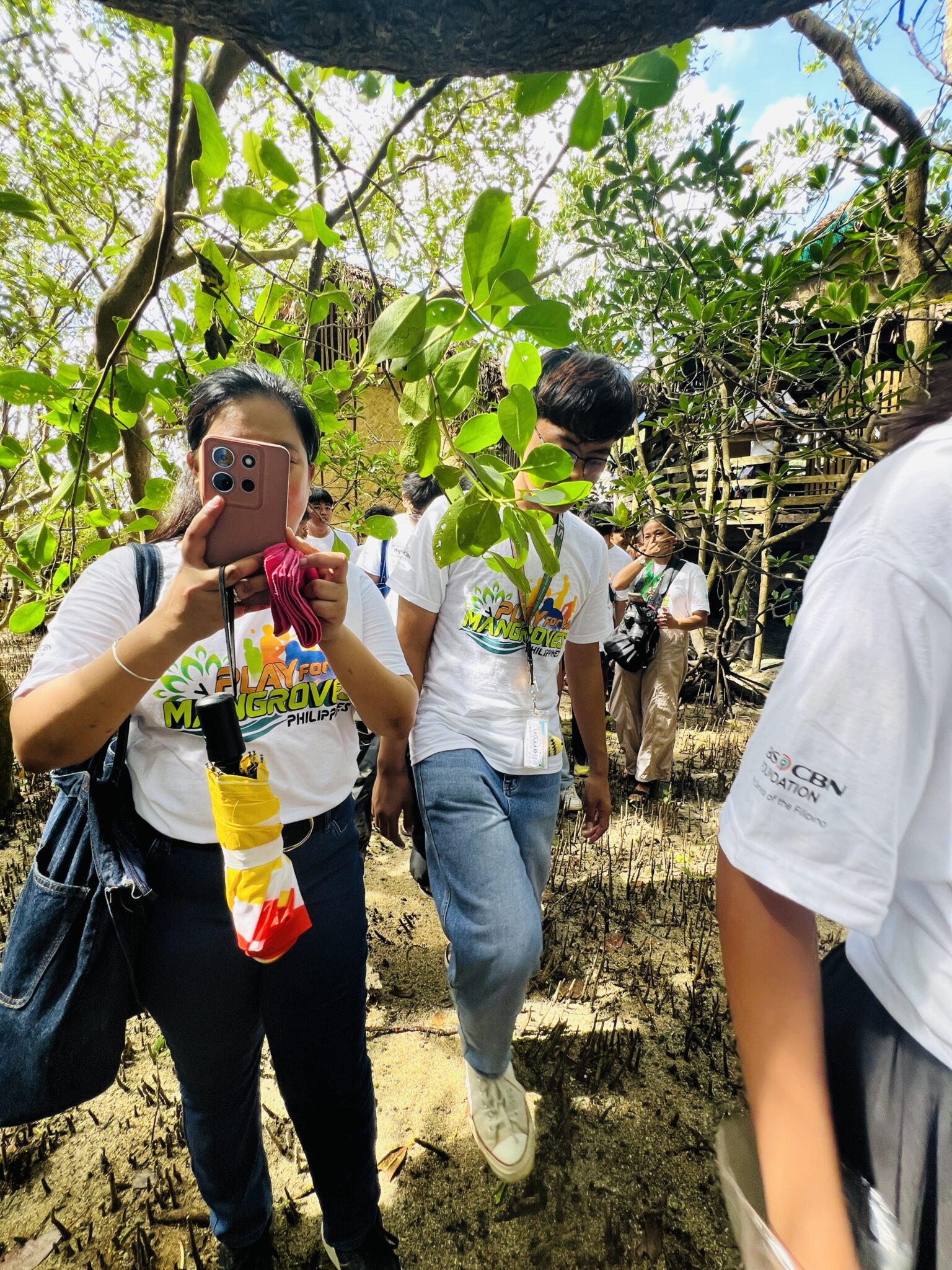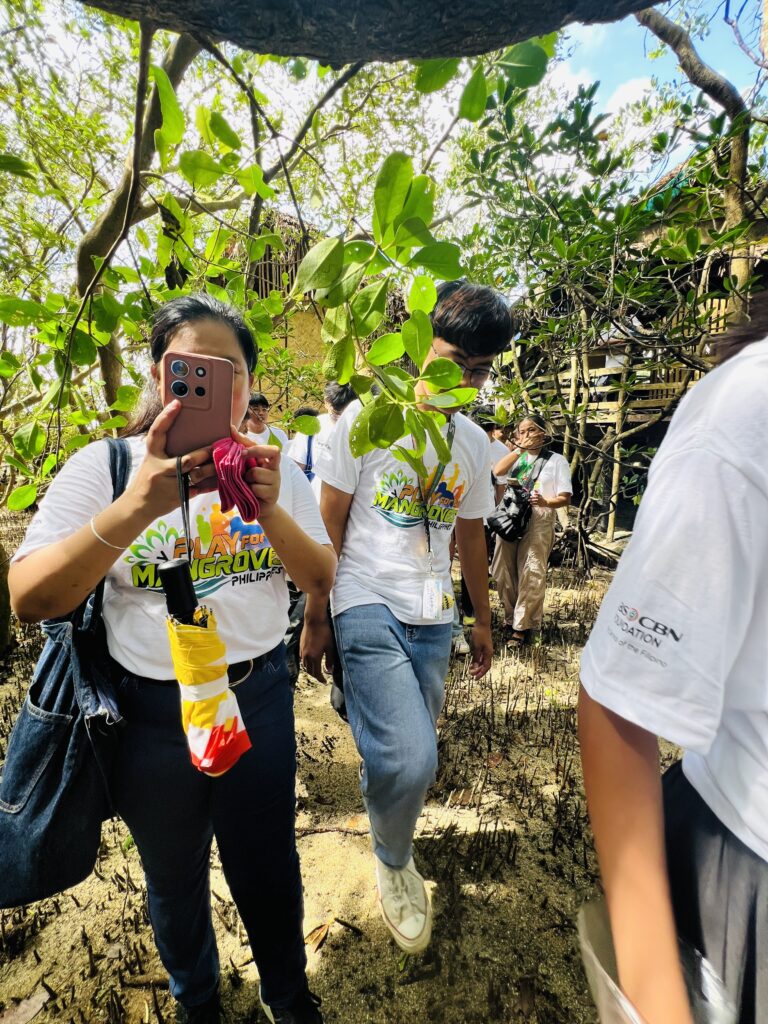Building on our success in the Dominican Republic, this project expands Seacology’s Play for the Mangroves program to children and youth in the Philippines.
Many young islanders need education about how healthy mangrove ecosystems reduce storm damage, nurture and protect reef fish, and augment livelihoods by providing the foundation for locally based ecotourism. They need to know that mangroves fight global warming by storing huge amounts of carbon. And that because mangroves grow on coasts, where people build towns and cities, they in constant danger of being destroyed by human activities.
In the Dominican Republic, we are pairing mangrove education with sports. Kids get baseball and volleyball equipment and training, plus hands-on environmental education. We have been delighted to see that the kids are enthusiastic about all aspects of the program. Sure, they love the games and gear—but they also show great interest and pride in learning about their local environment. At Play for the Mangroves events, teenagers cheerfully wade through the water to plant tree seedlings and vie to answer questions about mangrove species and ecology.
This program is a trial to see whether we can adapt the DR model to the Philippines, a nation of more than 7,000 islands that are home 46 of the world’s 70 mangrove species.


